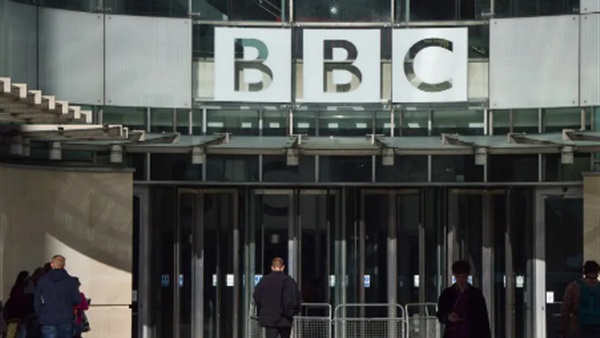BBC Arabic Radio Airs Final Broadcast After 85 Years

The BBC’s Arabic Radio aired its last broadcast on Friday,
ending 85 years of programming on the network’s first foreign-language service
— one depended on by millions of listeners.
The broadcaster cut its Arabic radio service as part of a
far-reaching cost-cutting measure that will also end radio services in 10 other
languages including Persian, Chinese and Hindi. The downsizing will cut roughly
382 jobs, according to a September statement from the company.
A main driver of the cuts, according to the BBC, was an
immediate need to save nearly 30 million pounds (roughly $35 million), as part
of a larger annual savings of 500 million pounds ($617 million). Steep
inflation and an ongoing funding dispute between the BBC and the British
government brought on these changes, the company said. In 2022, the British
cabinet member overseeing the network froze increases to the annual licensing
fees that make up three-fourths of the BBC’s annual funding.
The broadcaster’s leaders also said that the demands of an
increasingly digital media landscape preceded their decision to scale down
radio services. While BBC Arabic’s content reaches 39 million people per week,
12 percent of the total audience listens to the radio programming and 5 percent
listens to it only on radio, according to a spokeswoman for BBC World Service,
the international news arm of the outlet.
“We want to reach our audiences on the digital platforms
they’ve chosen,” Mohamed Yehia, head of multimedia output at BBC Arabic, said
in a statement. “These changing audience needs are why it’s vital we develop
our digital audio offering. I’m immensely proud of all those, past and present,
whose reporting and impactful ideas made BBC Arabic radio possible, and I’m
extremely grateful to listeners for their support over the decades.”
The BBC said it still planned to maintain some of its Arabic
programming online, along with journalism in more than 40 languages. A few of
BBC Arabic’s audio programs will be moved to a new website called London
Calling, the news service said.
Hosam El Sokkari, a media consultant who was the head of BBC
Arabic until 2010 and helped begin its flagship programs, called the decision
to end the radio service “sad news.” He said BBC Arabic was invaluable to the
millions of listeners in countries where large parts of the population do not
have access to the internet.
“It’s a place where you turn to during crises and conflicts
to listen to news and information from a source that you would consider
unbiased,” he said. “In effect, poor people will not have access to that.
People who don’t have access to smartphones and internet — loyal listeners.”
After the service aired its final program on Friday, several
journalists expressed their appreciation for the radio service and
disappointment at its demise. Emir Nader, a BBC correspondent, said on Twitter
that the final broadcast of BBC Arabic represented a “tragic day for Arab
media.” Jim Muir, who covers the Middle East for the BBC, called the last
broadcast the “end of an era.”
In a WhatsApp message on Monday, Shereen Sherief, a
London-based BBC Arabic radio producer and podcast host whose position was
eliminated, said that the implications of moving the radio service online could
be dire.
“I am concerned that the absence of BBC radio in a
dictatorship country could lead to massive negative consequences,” she wrote,
pointing to the service’s stories about political prisoners in Egypt. She saw
BBC Arabic as one of a few outlets that covered such issues in depth.
“Now they don’t have it,” she said.





